Dope! I just found it.
The bottom of the main clang documentation index page: https://clang.llvm.org/docs/index.html, under the "Indices and tables" section at the very bottom, has a "Search Page" link. Using that link, here is my search for "-Weverything": https://clang.llvm.org/docs/search.html?q=-Weverything, which brings me to the official documentation here!: https://clang.llvm.org/docs/UsersManual.html?highlight=weverything#cmdoption-weverything. Done! There it is!

See also: https://clang.llvm.org/docs/UsersManual.html?highlight=weverything#diagnostics-enable-everything

And the parts I really care about (emphasis added):
Since -Weverything enables every diagnostic, we generally don’t recommend using it. -Wall -Wextra are a better choice for most projects. Using -Weverything means that updating your compiler is more difficult because you’re exposed to experimental diagnostics which might be of lower quality than the default ones. If you do use -Weverything then we advise that you address all new compiler diagnostics as they get added to Clang, either by fixing everything they find or explicitly disabling that diagnostic with its corresponding Wno- option.
So, my final recommendation is to use -Wall -Wextra for warnings, but NOT -Weverything, and personally, not -Wpedantic (or -pedantic--same thing) either since I frequently rely on gcc compiler extensions for low-level embedded work and hardware-centric programming, especially on microcontrollers.
I also strongly recommend forcing all warnings into errors with -Werror. This is particularly important for safety-critical code and/or embedded firmware that needs to run forever, because it forces you to fix all warnings to get the code to fully compile. So, my final recommendation is this, as I describe further in my github repo below:
# Apply "all" and "extra" warnings, and convert them all to errors
# to force you to actually abide by them!
-Wall -Wextra -Werror
You can read my more-thorough opinion and research on this topic in my GitHub repo here: https://github.com/ElectricRCAircraftGuy/eRCaGuy_hello_world#build-notes.
Extra notes: -Wpedantic == -pedantic:
In gcc, they are the same:
-Wpedantic
-pedantic
Issue all the warnings demanded by strict ISO C and ISO C++...
In clang, they appear to be the same too, in testing and documentation. Clang also strives to be gcc-compatible in their syntax and usage: "End-User Features:"..."GCC compatibility".
Related:
- Why should I always enable compiler warnings?

